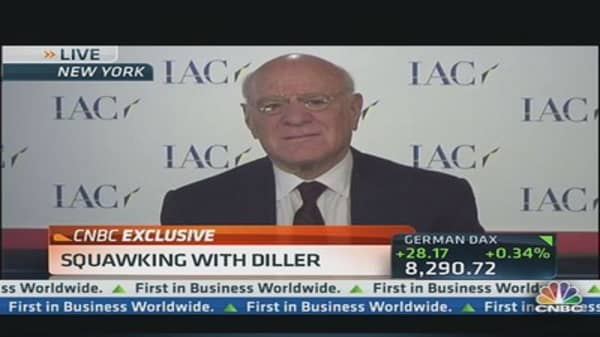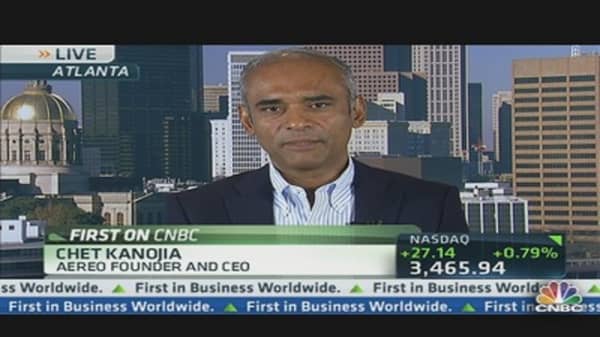It's a long time coming, but television content is showing up on non-TV screens like never before, and people are willing to pay for it. Whatever will become of cable?
For one, experts say, cable companies may finally be forced to kill their sacred cash cow: bundled channels. The battle lines are drawn.
There's Aereo, which takes the old-fashioned TV signal from the air and delivers it to you with the Internet's help, cutting out the cable guy. As for content beyond what's on the airwaves, big players—Amazon, Netflix, Hulu and Google/YouTube—are frantically creating and/or partnering for it at an accelerating pace.
On the other side is Disney's ABC live streaming all the network's content online, which may look like a similar move but the objective is opposite: by offering Watch ABC's live streaming only to authenticated subscribers, it's shoring up the existing framework (the relaunched app went online in New York City and Philadelphia this week and will spread nationwide through the summer; restricted access begins July 1). Same goes for HBO Go: Despite some loose talk from CEO Richard Plepler suggesting the Web service could be bundled with broadband, Time Warner CEO Jeff Bewkes said no, we've got some pretty important relationships with cable providers to protect.






